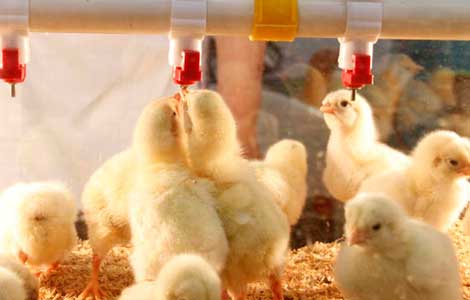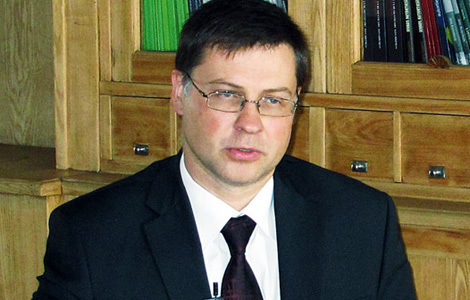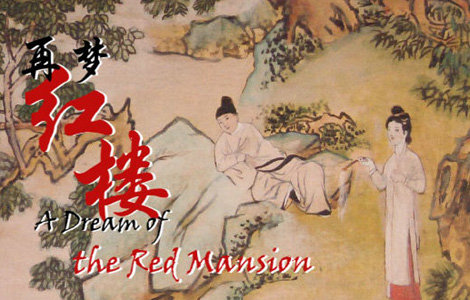KKR concentrates on domestic demand
Updated: 2013-07-18 05:44
By Cai Xiao (China Daily)
|
||||||||
Kohlberg Kravis Roberts & Co LP, one of the largest private equity firms in the world, has great confidence in the Chinese market, especially in sectors related to domestic demand.
"We are long-term investors in China. We believe that over time, the restructuring of the Chinese economy and continuing urbanization will lead to an increase in domestic consumption, which will in turn generate attractive investment opportunities," said David Liu, a partner at KKR and chief executive officer of KKR Greater China.
The company announced the closing of the Asian II Fund totaling $6 billion earlier this month, the largest-ever pan-Asian private equity fund. About 60 percent of this fund came from the limited partners, who also invested in its Asian I Fund totaling $4 billion in 2007.
The first-phase fund has finished investing and about one-third of the money was injected into Chinese companies.
The second-phase fund will mainly invest in the consumer, retail, healthcare and education sectors, as well as in financial services, infrastructure, restructuring of State-owned enterprises, specialized technology and precision manufacturing.
Liu said that as living standards in China improve, people are paying more attention to food quality and safety. KKR's investment in Modern Dairy Holdings Ltd aims to provide quality upstream milk supplies to Chinese consumers, in line with government initiatives to improve food safety.
KKR and Chinese private equity firm CDH Investments bought stakes in Modern Dairy, the country's largest raw milk producer, after the milk industry was affected by a 2008 scandal involving chemical adulteration.
KKR paid $150 million in cash for a 34.5 percent stake, which it sold down to 24 percent after Modern Diary's 2010 initial public offering.
China Mengniu Dairy Co Ltd said in May that it planned to buy 26.92 percent of Modern Dairy for HK$3.2 billion ($409.8 million) to secure a long-term premium milk supply.
It said it would buy an aggregate 1.296 billion shares in Modern Dairy from KKR.
Wang Chaoyong, chairman and chief executive of China Equity Group Inc, a Chinese private equity firm, said the firm had amassed a fairly diversified portfolio to prepare for the era when consumers become the pillar of China's economy.
"Environmental protection is another key government initiative aimed at improving living standards in China.
"Investment in businesses that can help improve the environment over the long term are also an area of focus. Our recent investment in the leading water treatment company, United Envirotech Ltd, is a good example of that," said Liu.
Early in 2011, KKR subscribed to $113.8 million in convertible bonds issued by United Envirotech, which is a 38.4 percent stake on a fully diluted basis, assuming full conversion.
It made a $40 million follow-on equity investment in United Envirotech this year.
There have been several large recent ventures in the Chinese water industry. The International Finance Corp provided a $70 million loan to Hong Kong-listed China Everbright International Ltd, a leading investor and operator in environmentally friendly businesses, in June.
Sun Hao, a senior investment officer at the IFC, said China's water market has great potential but is very fragmented.
KKR's China team has also led other investments in China including Ping An Insurance (Group) Co of China, Ltd, Mengniu Dairy, Far East Horizon Ltd, China Cord Blood Corp, China Paradise Electronics Retail Ltd, Fujian Nanping Nanfu Battery Co, Hengan International Group Co Ltd and China Outfitters Holdings Ltd.
KKR, which established a presence in the Asia-Pacific region in 2005, has made more than $5.5 billion in private equity investments in 30 companies across the region.
Founded in 1976, KKR had $78.3 billion in assets under management as of the end of March.
KKR holds its private equity investments an average of five to seven years, and the average return on investment over the past 37 years has been 26 percent.
caixiao@chinadaily.com.cn
(China Daily 07/18/2013 page16)
Most Viewed
Editor's Picks

|

|

|

|

|

|
Today's Top News
US unlikely to be swayed by pork firm's possible IPO
Alibaba earnings tripled in first quarter
Top film regulator relaxes control on scripts
Markets inch up after Fed's testimony
GSK finance head not allowed to leave
Putin puts US ties above Snowden
DPRK demands Panama free seized ship
7.75% growth possible for 2013
US Weekly

|

|













